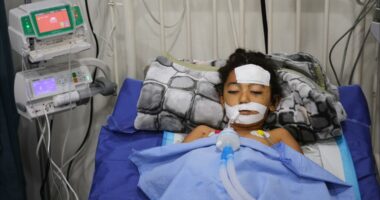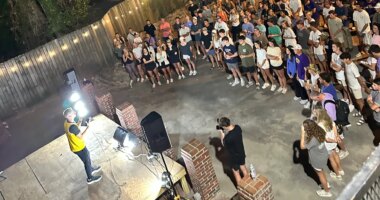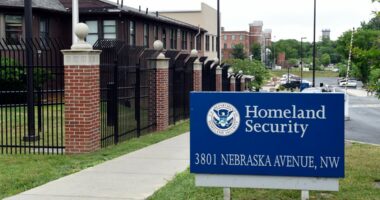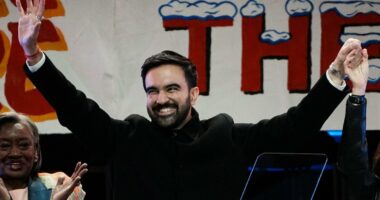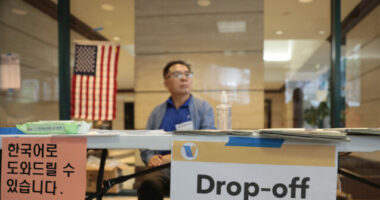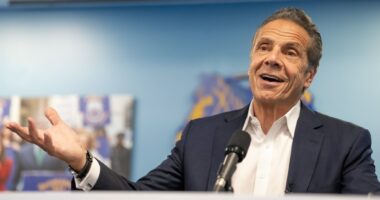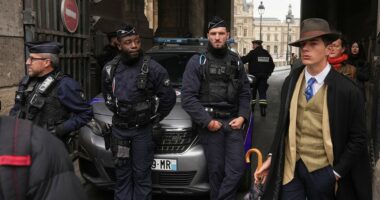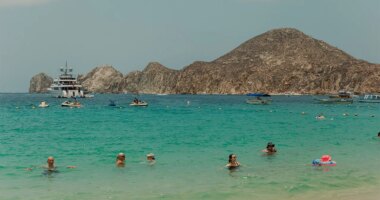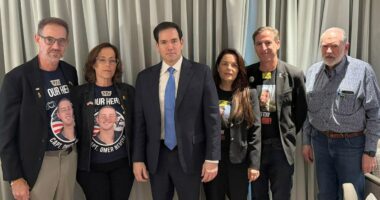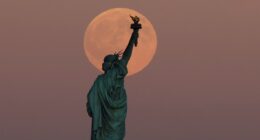Share this @internewscast.com

On Friday, the United States government declared that it was placing sanctions on Cuban President Miguel Díaz-Canel and other high-ranking officials due to human rights abuses. This decision coincides with the anniversary of the largest protests seen in Cuba in recent decades, and it includes restrictions on their access to visas.
Marco Rubio, the US Secretary of State, stated on the social media platform X that the State Department plans to enforce visa restrictions targeting Cuban judicial and prison officials who are âresponsible for, or complicit in, the wrongful detention and torture of those who protested in July 2021.â
The protests, which were not led by an opposition group, developed July 11 and 12, 2021, drawing attention to the depths of Cubaâs economic crisis.
âThe US remains committed to supporting the human rights and basic liberties of the Cuban people. We want to make it clear that illegitimate, dictatorial regimes have no place in our region,â Rubio mentioned in his statement.
The Trump administration has taken a harder line against Cubaâs government than the Biden administration.
In addition to DÃaz-Canel, the US sanctioned Cuban Defense Minister Ãlvaro López Miera and Interior Minister Lázaro Ãlvarez Casas.
Shortly after the announcement, Johana Tablada, deputy director of the US department in the Cuban Foreign Ministry, lashed out at Rubio, calling him a âdefender of genocide, prisons and mass deportations.â
The rare protests in 2021 came about after repeated blackouts in Havana and other cities.
One man died and some marches ended in vandalism.
Groups supporting the government responded along with authorities to repress the protests.
Human rights groups estimated there were more than 1,000 arrests but the government gave no official figures.
At the time, the Cuban government said it was the result of a US media campaign and decades of US sanctions.
In 2022, Cuban prosecutors said some 790 people were investigated for acts related to the protests ranging from disorder to sabotage and vandalism.
The advocacy group 11J, whose name alludes to the protests, said late last year there were 554 people serving sentences related to the protests, but some were given conditional release in January after an appeal from Pope Francis.


